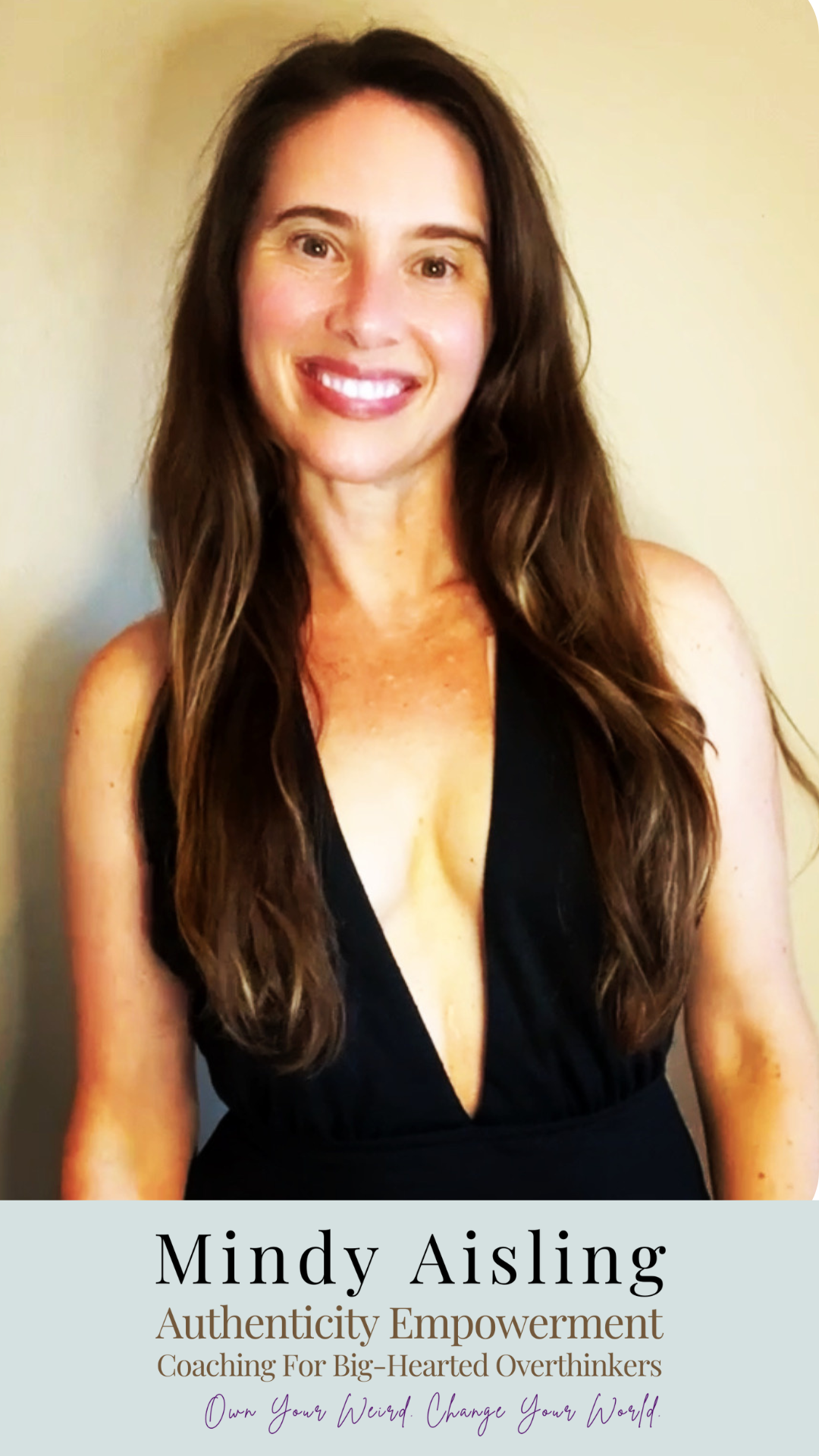|
What do stories and goals have in common? At first glance, not much. But if you think about it, both are nothing more than a series of events that lead to a specific outcome. The key difference is that stories are much more engaging than goals, which is why turning your goals into stories can be such an effective motivator. Think about it this way: when you're reading a book or watching a movie, you're fully invested in the characters and their journey. You want them to succeed, and you feel invested in their story. You can see how the entire arc of their story fits together, and how even hardship is leading them in the ultimate direction of their goal. The same can be true of your own goals. When you frame them as a story, you're more likely to see them through to the end. Let's say your goal is to lose 20 pounds by the end of the year. That's all well and good, but it's not very inspiring. However, you can give your goal some narrative heft by saying "I want to lose 20 pounds so that I can become the healthier, more confident version of myself that I know is inside of me. Losing the weight is just one part of transforming into this future self that I am becoming. As I step more and more into being this future version of myself, I will get closer and closer to my goals, eventually becoming _____________ (whatever your ultimate goal is)" When framed as a story, suddenly you have much more motivation to see it through. The same goes for professional goals. Let's say your goal is to get a promotion at work. Again, that's admirable, but not particularly exciting. But if you turn it into a story by saying "I want to get promoted so that I can provide a better life for my family. With this promotion, I will begin to build a legacy of wealth for my family that will allow my children and grandchildren to have the means to truly pursue their authentic gifts. My family and I will have the opportunity to spend quality, meaningful time with each other. Every Christmas, I will be able to afford to fly everyone in the family to spend the holiday together." then you have something much more worth fighting for. Both of these are simple examples, but there are a collection of stories inside you that are deep, rich, and uniquely yours. The more depth you give your stories, the easier it will be to achieve those goals. Daydream until your stories are in technicolor. Develop your stories to the point that you know what they taste like, smell like, and sound like. The more detailed your stories are, the more powerfully they will motivate you to achieve your goals.
Framing your goals as stories doesn't just make them more motivating—it also makes them easier to achieve. When you have a clear narrative arc, breaking down your goal into smaller, manageable steps becomes easier. Take our earlier example of wanting to lose 20 pounds. Once you've decided that your goal is to lose weight so that you can feel better about yourself and be healthier, the next step is outlining how you're going to achieve that goal. Do you need to diet? Exercise? Both? And what kind of timeline are you looking at? You can build these pieces into your story's arc. You can even build in the challenge of disciplining yourself to exercise daily, and you can write you (the hero of your story) overcoming these challenges, and inspiring others around them as you do so. (It's your story - and you can write whatever is alive in your soul!) Again, this is where having a clear narrative arc comes in handy. When you know what your ultimate goal is—in this case, losing 20 pounds—it becomes much easier to map out the steps you need to take to get there. If you're looking for extra motivation to reach your goals, try turning them into stories. It'll make them more engaging and easier to achieve—and isn't that what we all want?
0 Comments
Leave a Reply. |
AuthorMindy Amita AislingAuthenticity EmpowermentLife Coaching for Big-Hearted Overthinkers & Entreprenerds🐲Own Your Weird
🌎 Change Your World ⬇️ DIY Courses 👩🏻💻1:1 RemoteCoaching Fully Accredited ICF Certified Mindy Amita Aisling, is a professionally trained and board-certified leadership, authenticity, and entrepreneur coach.
Mindy exceeds all requirements set forth by the International Coaching Federation (ICF) for Master Coach certification. Mindy is also a licensed mediator, communications coach, and conflict resolution practicer. As a mediator, she has worked both in private practice and as a court appointment mediator at her local county courthouse. Through her innovative approach, she assists clients in examining their limiting beliefs, questioning their assumptions about how the world works, and releasing the notion that they are anything less than perfect. As a result, individuals who work with Mindy cultivate the ability to stand firm in their beliefs, live authentically and decisively, and discover an experience of life that is easy and graceful. In 2021, Mindy founded How to Be Human and Entreprenerd. These programs have enabled her to share her wisdom and knowledge with a broader audience in service of her vision of helping others live authentic lives This, in turn, has empowered more individuals to lead their most TRUE and COURAGEOUS lives. When she is not working, Mindy can be found playing outdoors in the beautiful Pacific Northwest, creating art, spending time with friends & family, or with her nose deep in a book. You can sign up for her newsletter here. Archives
June 2024
Categories
All
ICF Certified Life CoachAffordable Online Life Coaching |

 RSS Feed
RSS Feed
